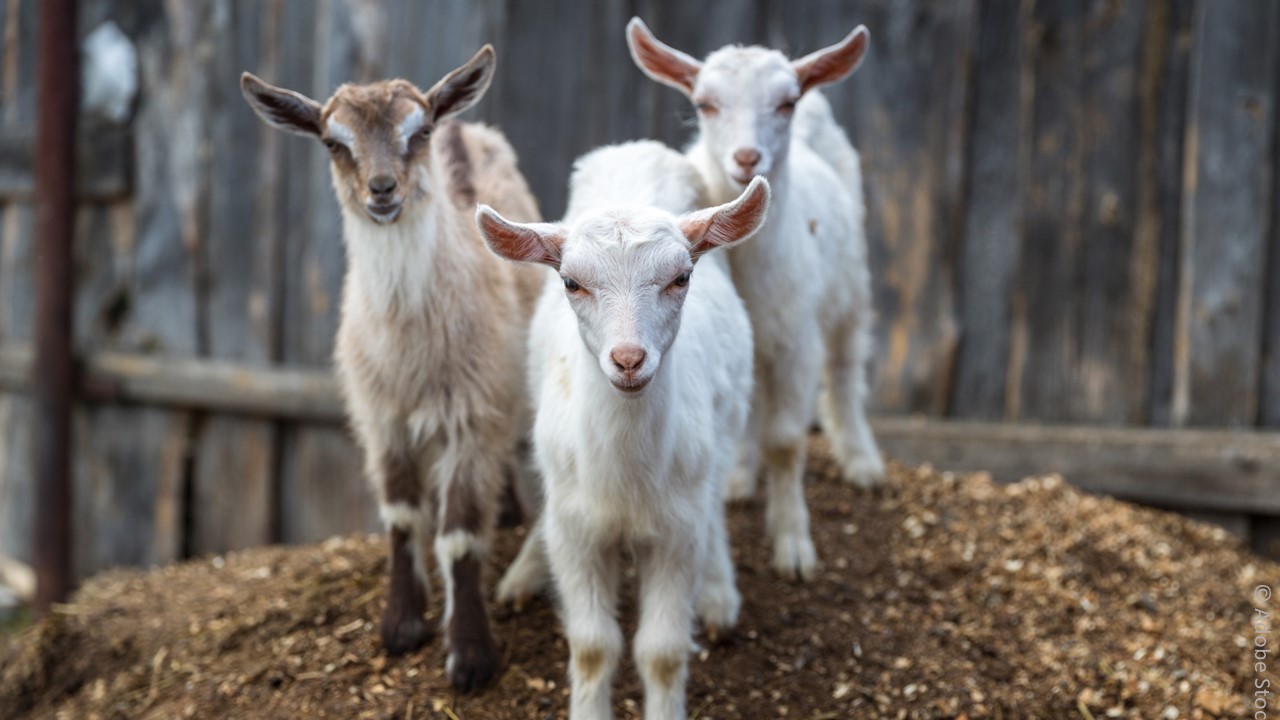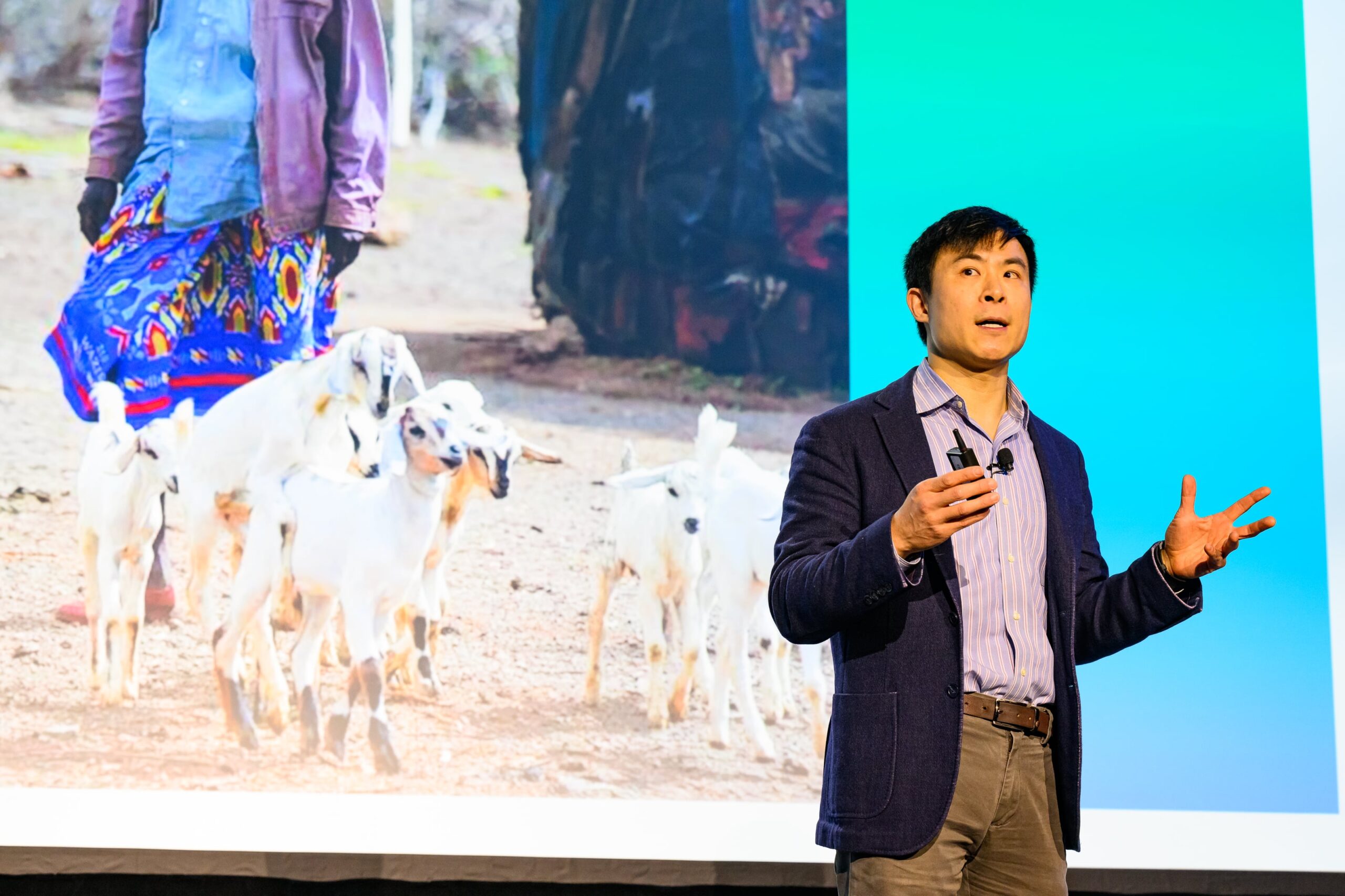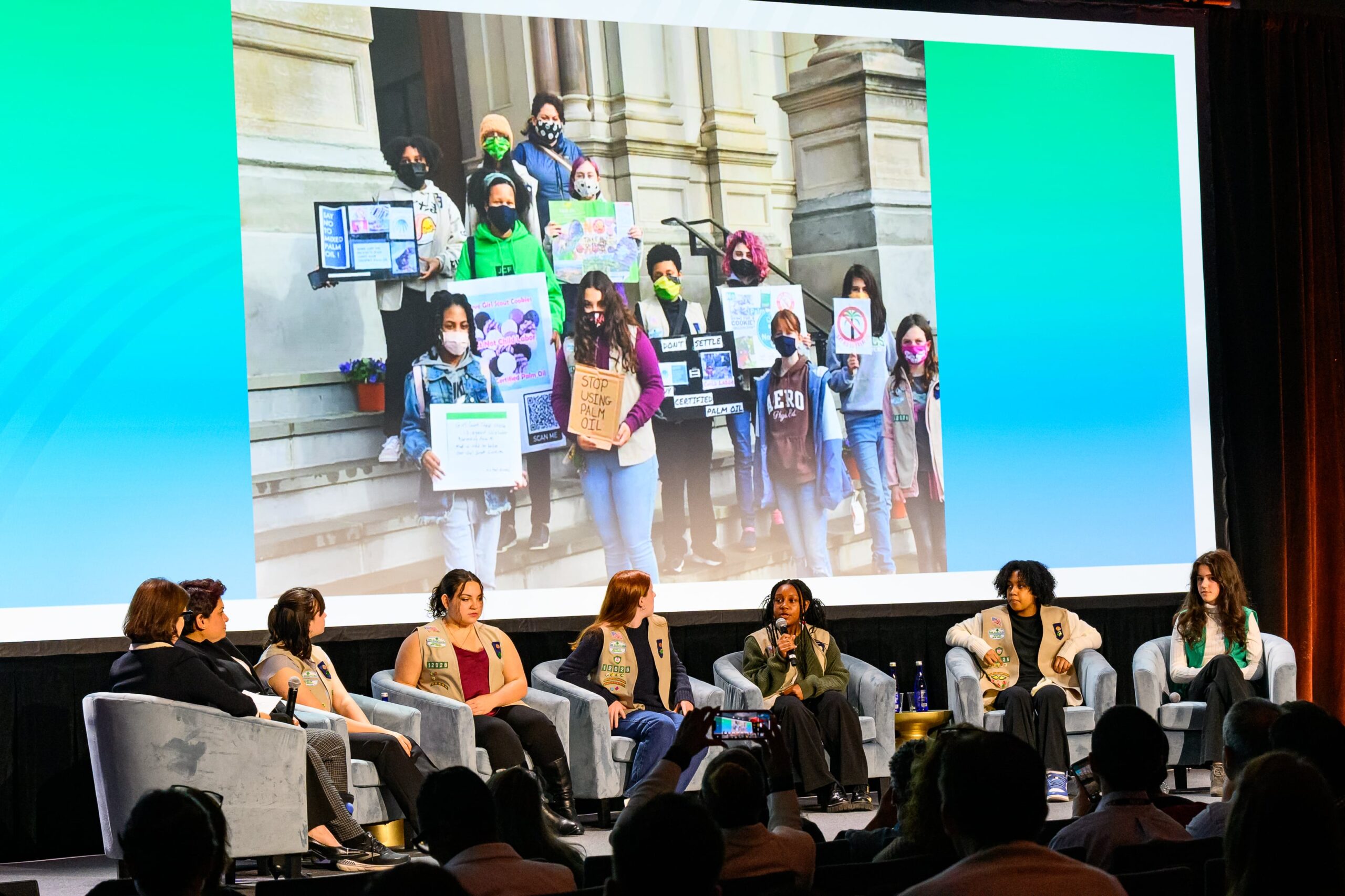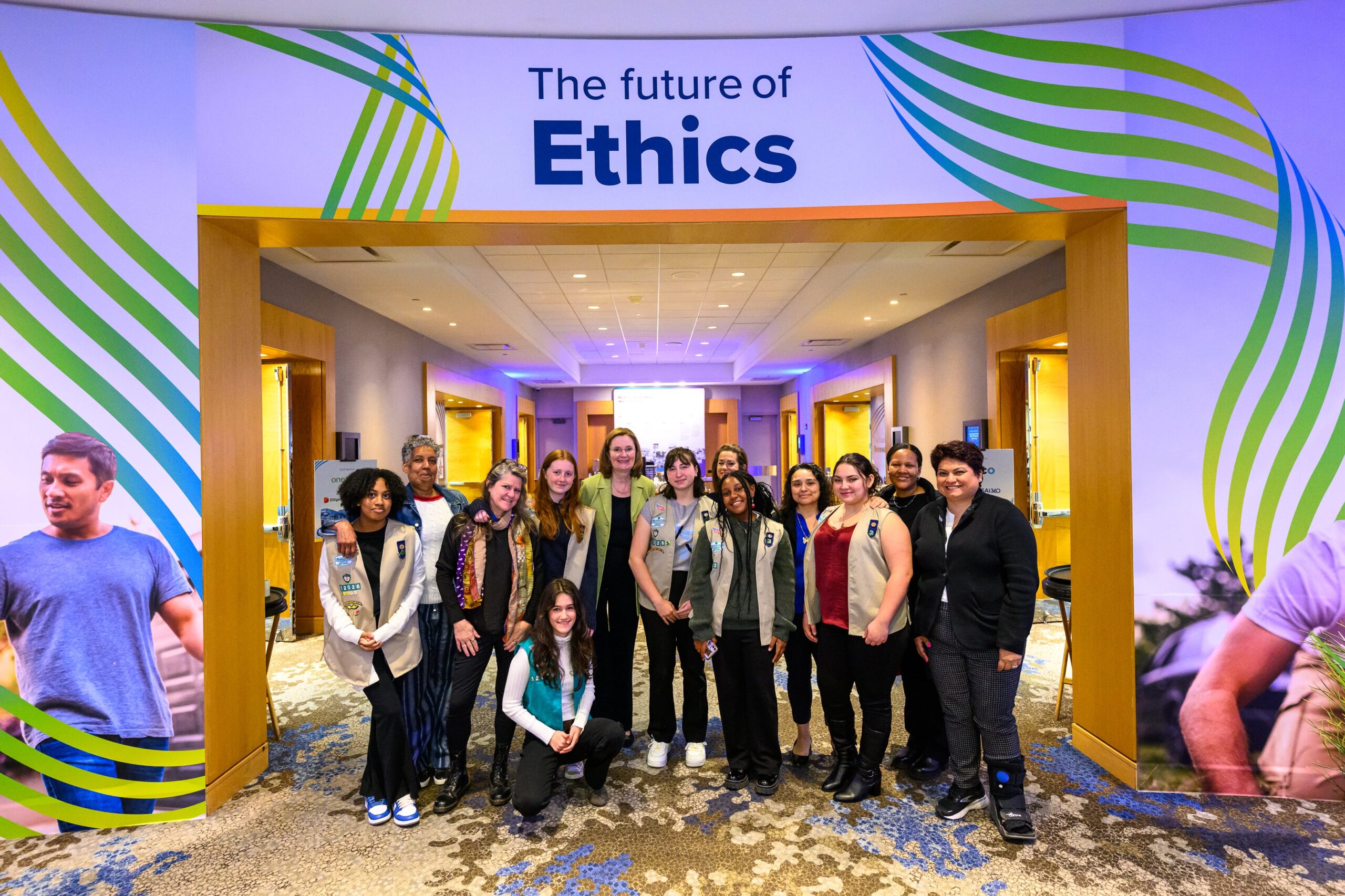Cell phones and Girl Scouts and goats, oh my! (Or, what I learned about ESG while in New Jersey)
Compliance Corner – Issue 2.5

[This month’s Compliance Corner kicks-off a two-month exploration of ESG.]
What do cell phones, goats and Girl Scouts have to do with ethics? Plenty. The Ethics and Compliance Initiative (ECI) held their annual IMPACT conference last month and one of the themes that emerged was that of the changing attitude toward corporate responsibility. No longer will Milton Friedman’s Shareholder Theory suffice, touted one panelist; the days of viewing the main function of a corporation as maximizing profit for its shareholders are over. So, what should they focus on, instead? The environment, social issues and governance.
Now, if you’ve been paying attention, you’ll recognize those words from their acronym, ESG. According to apiday, “ESG can be described as a set of practices (policies, procedures, metrics, etc.) that organizations implement to limit negative impact or enhance positive impact on the environment, society, and governance bodies.” One of the ways they do this is by looking at what they have within their power to help take care of the planet, and the people in it, while conducting business.
Cell Phones and Goats
In his book Grow the Pie: How Great Companies Deliver Both Purpose and Profit, Alex Edmans contends that it is possible to do some good while earning profits. During the IMPACT conference he shared the story of Emmanuel Sironga, a goat trader in Kenya. Because he lives in an “unbanked” portion of Kenya, making a sale – while good news for Emmanuel and his family – meant that he had to carry or hide the money until he needed to spend it; there was no place to deposit it. Enter the cell phone company Vodafone, who saw the problem and innovated a way to allow people like Emmanuel to transition from a cash to a digital economy by using cell phones to conduct financial transactions. They launched the company M-Pesa, a mobile money service, building a network of retail locations that accepted electronic payment and a team of agents to enroll people in the program. By 2014, M-Pesa estimated they helped to lift 196,000 households (or, roughly 2% of the population of Kenya) out of poverty.

Source: impact.ethics.org.
Girl Scouts
The darlings of this year’s IMPACT conference were the girls from New Jersey’s Troop 12026. When they learned that one of the key ingredients in their world-famous cookies was palm oil, they decided to boycott their own fundraiser. Palm oil is often harvested by children who work under dangerous conditions, in an industry contributing to 2.3% of global deforestation. These scouts couldn’t countenance selling cookies while children their age were denied an education and other basic rights, and the environment was being depleted, to make those cookies possible. But rather than abandoning their badges and bolting, they took to the streets, marching in protest, lobbying politicians, appearing on TV, and making guest appearances at places like the IMPACT conference. The Girl Scouts spoke with a simple eloquence, taking advantage of their opportunity to tell the “old people” (the moderator’s name for the audience) that it was high time for those of us that have the power to right the palm-oil-wrongs. With 50% of the products in our grocery stores containing palm oil, they implored us to do better.
and gives us a look into the future of ethics, at this year’s ECI IMPACT conference.
Source: impact.ethics.org.
What if?
So, here’s where we get to ask a “What if?” question. What if leaders across the food and supply-chain industries took a page from Vodaphone’s book, and innovated a way to source palm oil harvested in an ethical (meaning non-exploitative, earth-replenishing, sustainable) way, or, alternately, found a more ethically-harvested ingredient as a substitute? Sure, there’d be some expense up front, but with 50% of the products on grocery store shelves needing that ingredient, there would also be profit. To echo Alex Edmans, it would be an opportunity to do some good while earning profits.
Here to stay or gone tomorrow?
Some contend that ESG is just a fad, and some dismiss it because it’s become politicized. Whatever your opinion, we all need to lean in and listen: According to ECI, 80% of the workforce will be Generation Z and Millennials within the next 5 years. That’s a conference stage full of Girl Scouts times millions. They care deeply about social issues and the environment, and they vote based on those issues. They’ll purchase products and invest based on a company’s ESG rating. They might even choose their institutions of higher learning based on the ESG policies of the schools they’re considering.
So wherever you find yourself on the spectrum, and whatever you want to call it – ESG, corporate responsibility, or something else – it’s likely here to stay. And when we, the “old people,” age out of our current roles and Gen Z and the Milennials are running the show, wouldn’t it be better for them to know that when someone offered to tell us a story about cell phones and goats, we listened?
Please join us for next month’s blog, when we’ll take a look at the role of ESG in higher education, and specifically at VCU. We’ll explore how that affects us, and what each of us can do to support it.
If you have an idea for a Compliance Corner post, please contact [email protected] to discuss it. We’d love to hear from you!
Sources:
ECI Impact 2023. (2023, May 15). https://impact.ethics.org/
Edmans, A. (2022). Grow the PIE: How great companies deliver both purpose and profit. Cambridge University Press.
The importance of ESG for a business. (n.d.). https://www.apiday.com/blog-posts/why-is-esg-environmental-social-and-governance-important-for-a-business#:~:text=ESG%20stands%20for%20%E2%80%9C Environmental%2C%20Social,%2C%20society%2C%20and%20governance%20bodies

